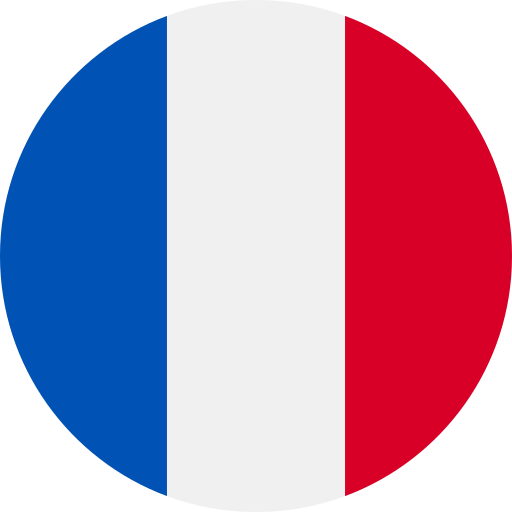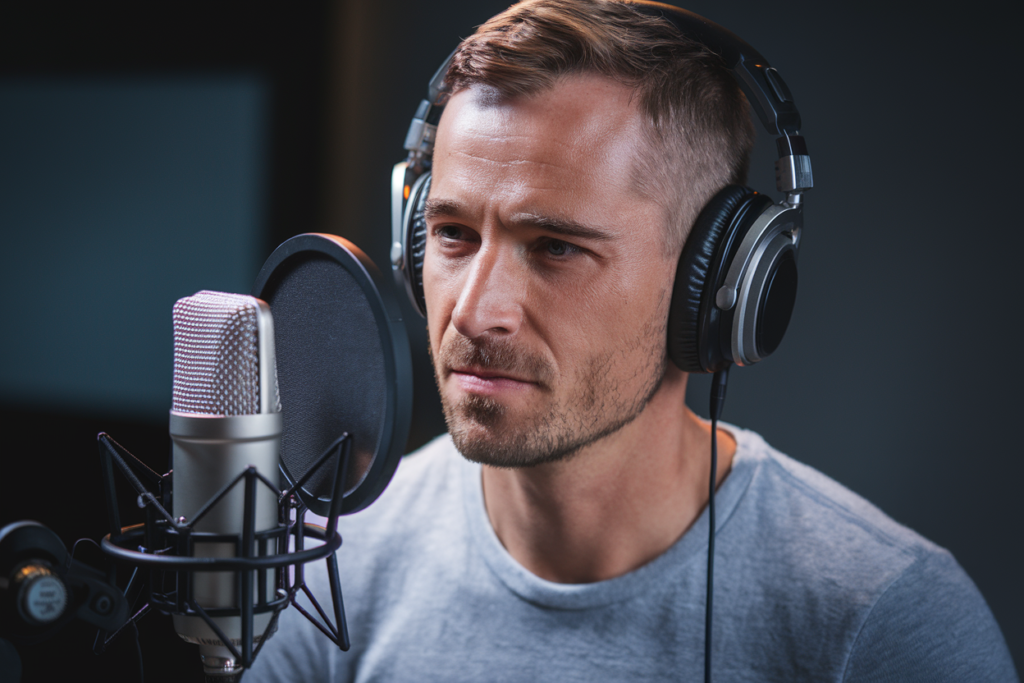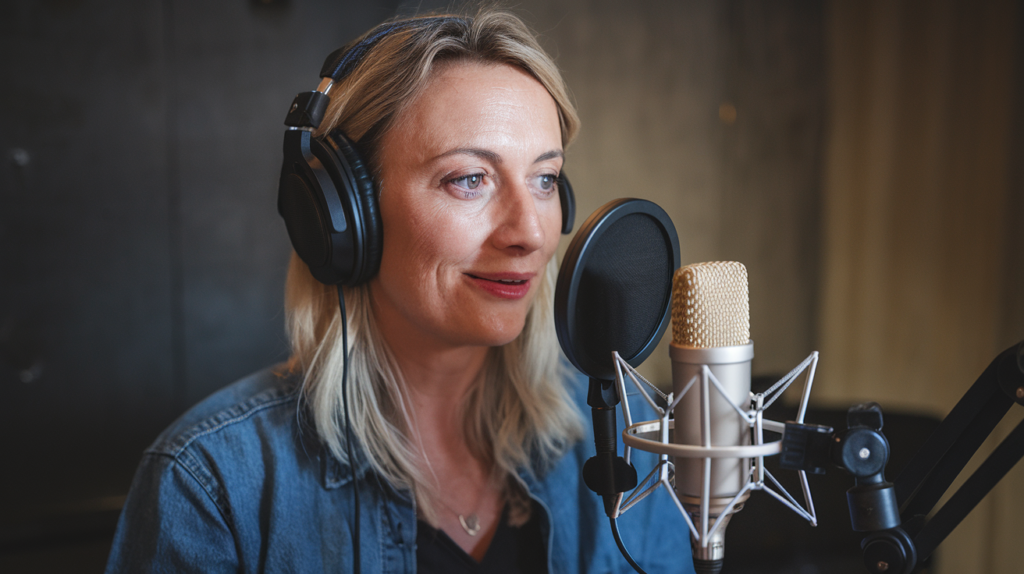Key Takeaways
- Cultural Cohesion: Approximately 90% of people in France speak French as their first language, fostering a strong sense of community and cultural continuity among native speakers.
- Regional Diversity: Native French speakers exhibit distinct regional accents and dialects, which are essential for effective communication and authentic engagement in local contexts.
- Demographic Insights: A balanced age and gender distribution among native speakers influences language use, with younger generations embracing modern slang while older adults maintain traditional nuances.
- Language Nuances: Understanding the differences between standard French and regional variants is crucial for projects involving voice talent or media to ensure authenticity and emotional resonance.
- Cultural Contributions: Native French speakers significantly enrich arts and literature, highlighting their role in shaping national identity through creative expressions that reflect diverse perspectives.
- Challenges Ahead: Language preservation issues and the impact of globalization pose challenges for native speakers, emphasizing the need for active efforts to maintain linguistic heritage amidst evolving cultural dynamics.
Ever wondered what it’s like to be a native French speaker in France? The rich tapestry of culture, history, and language creates an intriguing environment that shapes how these speakers communicate and connect. Understanding their experiences can open your eyes to the nuances of the French language and its regional variations.
Overview of Native French Speakers in France
Native French speakers in France embody the essence of the country’s rich linguistic heritage. Approximately 90% of the population speaks French as their first language, making it a unifying force across diverse regions. This prevalence allows for deep connections among individuals, fostering a sense of community and cultural continuity.
Regional accents and dialects add layers to the French language experience. For instance, speakers from Paris often showcase a distinct accent compared to those from Provence or Brittany. Understanding these nuances is crucial for anyone looking to engage with native speakers effectively.
Interactions among native speakers range from casual conversations to professional settings, where clear communication is vital. In industries such as media and entertainment, voice actors bring stories to life using their native tongue, ensuring authenticity resonates with audiences. Their ability to convey emotion through voiceover work highlights not just linguistic skills but also cultural understanding.
Moreover, embracing regional variations can enhance your connection with local audiences. Whether you’re seeking insights into everyday dialogues or exploring artistic expressions through voiceovers, recognizing these subtleties enriches communication efforts.
For businesses aiming to reach French-speaking clients or audiences, engaging native talent ensures messages resonate culturally and contextually. This approach fosters trust and relatability—key components for successful engagement in any market.
Understanding the landscape of native French speakers in France opens doors to meaningful interactions and effective messaging strategies tailored for diverse contexts.
Demographics of Native French Speakers
Approximately 90% of the population in France speaks French as their first language. This statistic underscores the role of native French speakers as a cohesive element in the country’s cultural landscape, influencing social interactions and commercial engagements.
Regional Distribution
Native French speakers are not uniformly distributed across France. Different regions exhibit unique accents and dialects that reflect local culture and history. For example, Parisians speak with a distinct accent that many recognize as standard French. In contrast, speakers from Provence incorporate elements of regional dialects into their speech, adding richness to conversations.
Brittany showcases another layer of linguistic diversity, where Breton influences can be heard among some native speakers. Understanding these regional variations is crucial for effective communication, especially if you’re looking to tap into local markets or connect authentically with audiences through media like advertisements or voiceovers.
Age and Gender Composition
The age composition of native French speakers shows a balanced distribution across various age groups. Younger generations often embrace modern slang while maintaining traditional roots in their speech patterns. Older adults tend to use more classic forms of the language, preserving its historical nuances.
Gender-wise, both males and females contribute equally to the pool of native speakers; however, certain industries may see differences in representation. In fields like media and entertainment—especially voice talent roles—female voice actors increasingly represent diverse voices that resonate well with contemporary audiences.
By recognizing these demographic factors among native French speakers, you can tailor your approach effectively when seeking out voiceover talent for projects targeting specific age groups or regional characteristics.
Language and Dialects
French, as spoken in France, exhibits a rich tapestry of nuances influenced by geography and culture. Understanding these variations enhances your appreciation for the language’s depth.
Standard French vs. Regional Variants
Standard French serves as the foundation of communication across France, with Parisians often regarded as its primary speakers. However, regional variants introduce unique flavors to the language. For instance, speakers from Provence may incorporate local dialects that infuse everyday conversations with cultural references. Brittany showcases distinct linguistic traits influenced by Breton, adding another layer to France’s diverse linguistic landscape. Recognizing these differences is essential if you’re working in voiceover or media; it helps ensure authenticity when selecting voice talent familiar with specific accents and dialects.
Influence of Other Languages
The influence of other languages on French can’t be overlooked. Historical ties and interactions have led to borrowing terms from languages like German, Italian, and Arabic. These influences shape regional speech patterns and enrich vocabulary across various contexts. When considering a voice artist for projects targeting specific demographics, you might want someone who understands these nuances deeply—someone who can convey emotion authentically while resonating with local audiences through their choice of words and pronunciation.
Incorporating this knowledge into your communication strategies ensures effective engagement with native speakers and adds an authentic touch to any project involving voiceovers or multimedia content.
Cultural Significance
Native French speakers play a vital role in shaping the cultural landscape of France. Their language, steeped in history and tradition, contributes significantly to national identity and societal cohesion.
Role in French Identity
French identity closely intertwines with its language. Speaking French connects individuals to their heritage, fostering pride and continuity across generations. Regional dialects add layers of richness to this connection, allowing you to appreciate local customs and traditions. For instance, the distinct accents from regions like Brittany or Provence reflect historical influences that have shaped community values and social norms. Understanding these nuances enhances your interactions with native speakers, whether you’re crafting engaging content or connecting through voiceovers.
Contributions to Arts and Literature
Native French speakers enrich the arts and literature scene tremendously. From classic literary works by authors like Victor Hugo to contemporary novels reflecting modern life, their contributions highlight unique perspectives that resonate globally. Additionally, native speakers excel as voice actors in theater and film, bringing authentic emotion to characters through their nuanced understanding of language subtleties. This authenticity resonates deeply with audiences, making it essential for any project involving storytelling or multimedia content.
Through their creative expressions—be it literature or performance—native French speakers not only entertain but also educate others about the vibrant culture they represent. Recognizing this significance helps you create more impactful narratives when collaborating on projects that involve voice talent or artistic endeavors.
Challenges Faced by Native French Speakers
Native French speakers in France encounter several challenges that impact their daily lives and cultural expression. Understanding these issues is vital for anyone looking to engage meaningfully with this community.
Language Preservation Issues
Language preservation remains a significant challenge for native French speakers. While standard French serves as the foundation of communication, regional dialects face diminishing use among younger generations. With the rise of global languages, such as English, many young people gravitate toward modern slang and simplified expressions. This shift can lead to a loss of rich linguistic heritage over time. Native speakers value their unique accents and local phrases, but there’s pressure to conform to mainstream language trends. Addressing this issue requires active efforts from both individuals and communities to promote regional dialects and ensure they thrive alongside standard French.
Impact of Globalization
Globalization has profoundly influenced the landscape for native French speakers. Increased interconnectedness leads to an influx of foreign cultures and languages, often overshadowing local traditions. The younger population frequently encounters English-language media dominating entertainment platforms, which impacts how they perceive their own language’s relevance in popular culture. Additionally, native speakers may face competition from non-native voice actors who offer different perspectives or interpretations in various media projects. This competition complicates opportunities for authentic representation within voiceovers or other artistic endeavors reliant on genuine linguistic nuance.
Understanding these challenges helps you appreciate the complexities faced by native French speakers in France today while ensuring your messaging resonates authentically with this audience.
Conclusion
Understanding the experiences of native French speakers in France offers valuable insights into the country’s rich cultural and linguistic landscape. By appreciating regional dialects and accents, you can connect more authentically with local audiences. This connection is especially important for businesses and media professionals aiming to engage effectively.
As globalization continues to shape communication, recognizing the challenges faced by native speakers becomes crucial. Embracing their unique contributions not only enriches your projects but also fosters respect for France’s diverse heritage. When you acknowledge these nuances, you’ll enhance your ability to communicate meaningfully within this vibrant community.
Frequently Asked Questions
What is the main focus of the article about native French speakers in France?
The article explores the experiences of native French speakers, emphasizing how culture, history, and language shape their communication. It highlights regional accents and dialects, showing their significance in fostering community and cultural continuity.
How does regional variation affect the French language?
Regional variations add depth to the French language, with different areas showcasing unique accents and dialects. For example, Parisians speak a distinct standard French while regions like Provence and Brittany incorporate local linguistic influences.
Why is understanding demographic factors important for media professionals?
Understanding demographic factors helps media professionals connect authentically with local audiences. By recognizing differences in accent, age group slang, and gender representation among native speakers, they can tailor messaging effectively for greater impact.
What challenges do native French speakers face today?
Native French speakers confront challenges such as language preservation amidst globalization. Younger generations may favor modern slang over traditional dialects, risking the loss of regional linguistic heritage while competing against non-native voice actors in media projects.
How do native French speakers contribute to France’s cultural landscape?
Native French speakers significantly shape France’s cultural identity through literature, arts, and entertainment. Their rich linguistic heritage fosters national pride and continuity while enhancing storytelling authenticity in film and theater through genuine emotion conveyed by voice actors.







